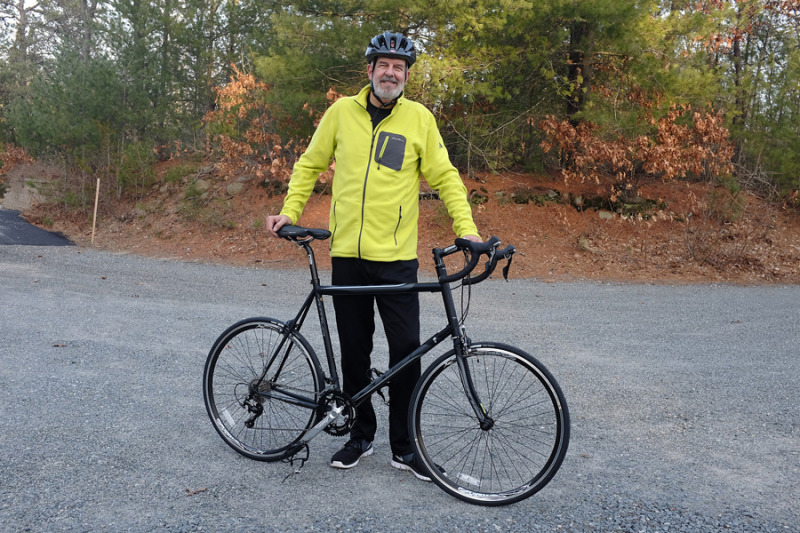Guest Blogger today is Jeffrey Jones.
It’s time to start asking new questions. Better answers to the same old questions about the church will not get us through the tumultuous times in which we live. This is a time for out-of-the box thinking. Old questions keep is in the box. New questions invite us to move outside.
Phyllis Tickle, in The Great Emergence, talks about the need for today’s church to have a rummage sale so we can rid ourselves of all those practices, beliefs and ways of being that are no longer effective and get in the way of being the church we are called to be.
Many of the questions we have asked for centuries in the church need to be put in that rummage sale. They need to be replaced with new questions that lead us into new ways of being and doing – ways that are attuned to the time in which we live.
It’s not that the old questions weren’t valid at one time or even that they have no place in the church today. Rather, the new questions, if they are the questions that form our approach to ministry,will lead us to new insights and new learning.
One question that has been asked consistently through the years, and even more so in these days of declining church membership is, “How do we bring them in?” It would be better for us to ask, “How do we send them out?”
In these days of changing roles and responsibilities many wonder, “What should the pastor do?” But a more important question for congregations today is “What is our shared ministry?”
When congregations focus on strategic planning they ask, “What’s our vision and how do we implement it?” What would happen if they instead asked, “What’s God up to and how do we get on board?”
When congregations have financial struggles, they ask, “How do we survive?” Instead they might ask, “How do we serve?”
When congregations think about their mission, they often ask, “How do we save people?” or perhaps, “How do we help people?” A better question might be “How do we make the reign of God more present in this time and place?”
There are no “right” answers to these new questions that can be applied to all congregations. Every congregation needs to live with the questions, because it is only in living with them that new ways being and doing church emerge. The familiar line from Rainer Maria Rilke in Letters to a Young Poet can guide us: “Live the questions now. Perhaps you will then gradually, without noticing it, one distant day live right into the answer.”
If you ask these questions there is no assurance that you’ll find the way to renew, revitalize or redevelop your church. It may happen. But you may just as likely discover that asking these questions takes you down a road to some other alternative that you hadn’t even thought of before. What I feel pretty confident about, however, is that asking these new questions will bring us closer to discovering what God is seeking from us in this time. I also believe asking these new questions will help ensure that whatever the future holds for us and our congregations we will be more faithful in the work we are about right now.And that is a pretty wondrous thing!
Jeffrey D. Jones is a pastor in the American Baptist Church and the author of several books, including Heart, Mind, and Strength: Theory and Practice for Congregational Leadership. His latest book, Facing Decline, Finding Hope: New Possibilities for Faithful Churches, will be published by Alban Books in February 2015.










